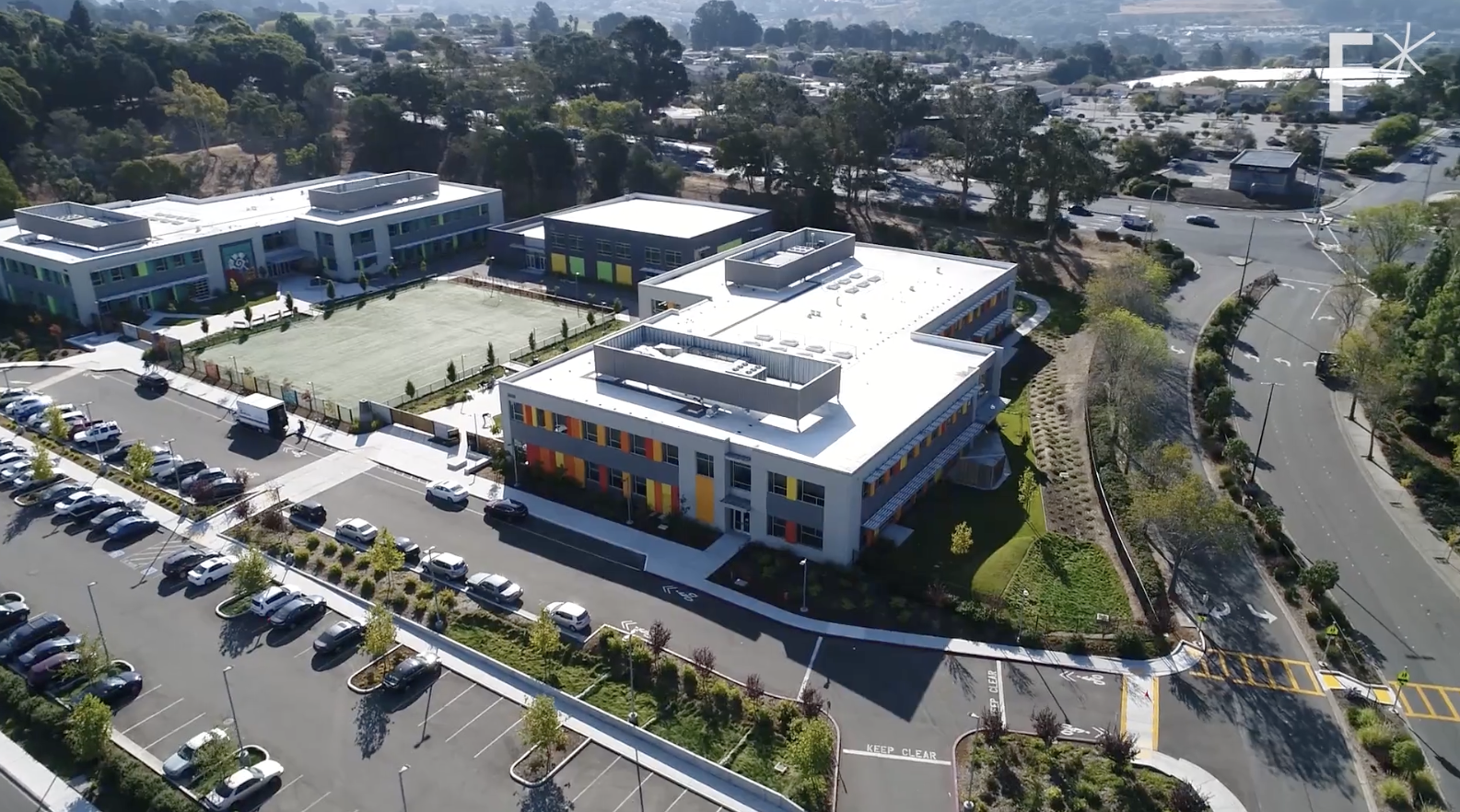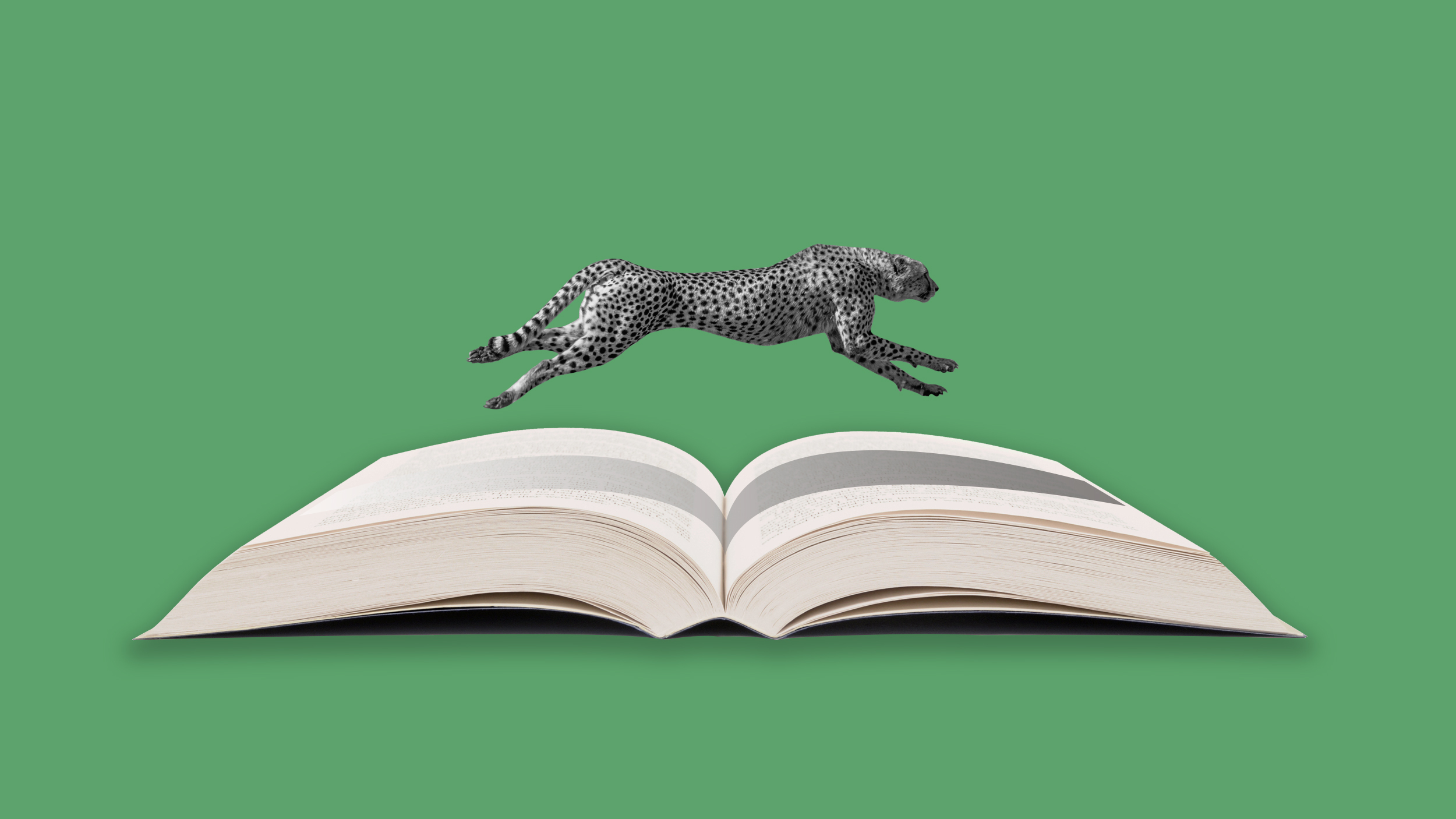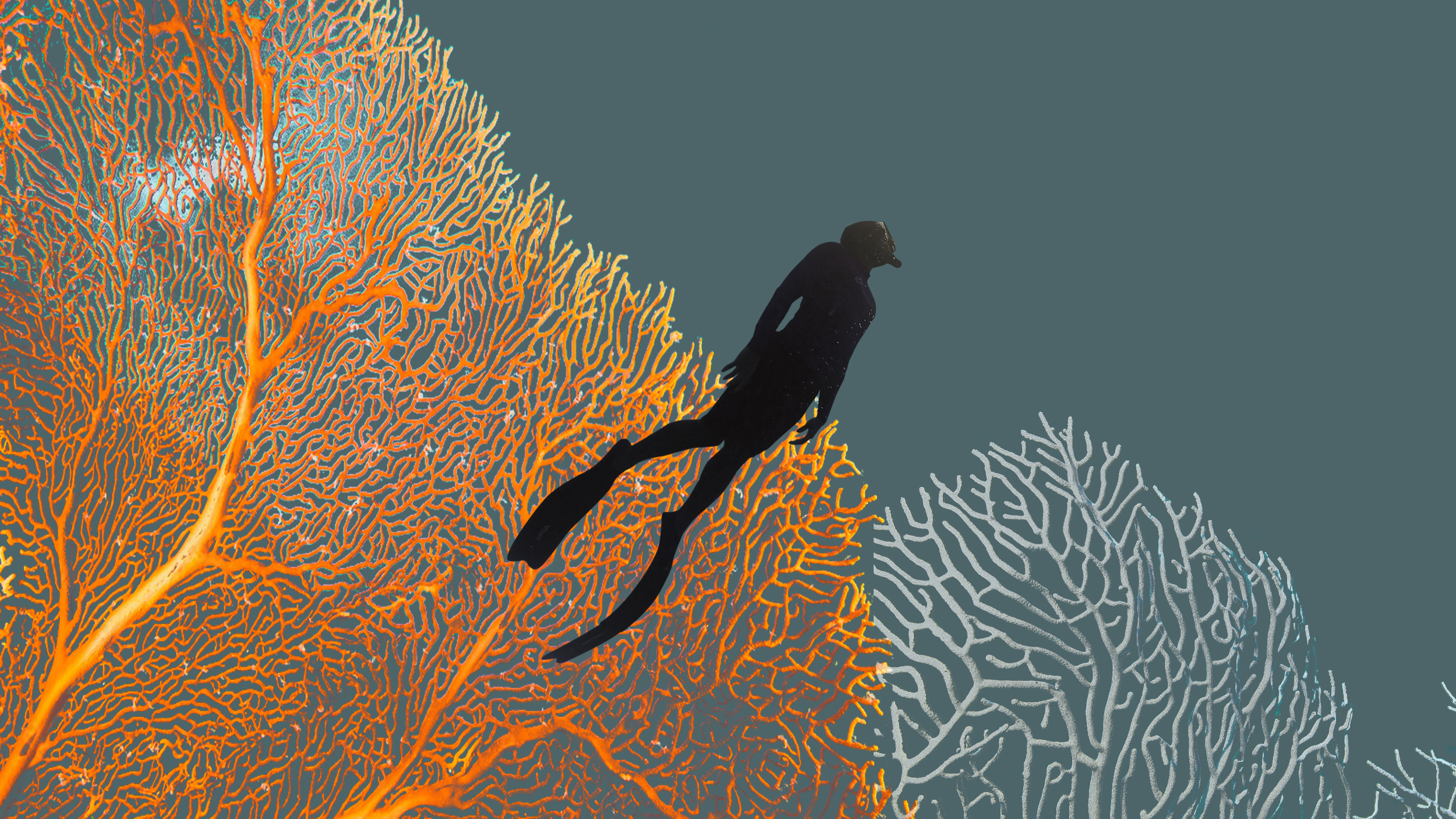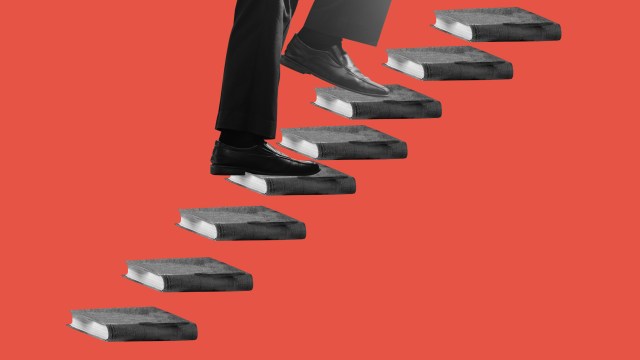Mentors change lives. Find one, be one

- Mentors are pathbreakers, sometimes knowing you better than you know yourself.
- If mentors don’t come your way, go after them. Everyone needs one.
- Your mentors made time for you. Now, go and make time for others.
Today I want to pay tribute to my mentors, those rare people who came into my life and selflessly shared their wisdom and time.
Mentors can have a huge impact on your personal and professional path — sometimes they even redirect your goals and expectations. A good mentor may see in you the potential for growth that you fail to see in yourself.
Who has not been confused, unsure of the way to go, stuck between choices that would take you in very different directions? We may want to go a certain way and cannot, for any variety of reasons. Life demands commitment, and often commitments are obstacles. Maybe your parents don’t want you to pursue the career you love. Maybe a choice seems too risky. Maybe someone needs you and you don’t have the freedom to go your own way. There are many ways your circumstances can hold you back, against your will. Maybe this is why some say that to be free is to be able to choose your commitments. Choice is paradoxical — any time you choose to go in a certain direction, you miss the experience of going in another.
An introduction to physics
Like many young students, I went through a crisis when I got to university. In fact the crisis started even before that, when my father “suggested” that I should go into chemical engineering instead of physics. It was a safer bet for the future, he argued — worried, as parents do, about my wellbeing. I see this conflict often with my students at Dartmouth. They come geared up for a degree in pre-med or pre-law, only to find out a year later that their passions lie in philosophy or drama.
I obediently followed my father’s advice and started chemical engineering at the Federal University of Rio de Janeiro. It didn’t take long for me to realize that it would not work. I loved physics and calculus, and I was terrible at analytical chemistry. Very quickly I realized that my place was not in the laboratory. I romanticized Einstein and Newton. I wanted to weigh the big questions about space, time, and matter.
There was one big problem: I did not know a single physicist. There was a bigger problem still: I had never seen or talked to a scientist in my life! We all know doctors, dentists, lawyers, bankers, firemen, myriad professionals we deal with in our everyday life. But how many people, let alone young people, actually know a scientist? My high school science teachers were the closest I got, as is the case with most teenagers. And some of them were amazing and inspiring. But I wanted to know how a scientist lived her life, the day-to-day routine of an academic scholar, someone who mixed teaching and research as a profession. So I took action. Not having much to lose, I knocked at the door of one of my intro physics teachers, who had impressed me in the classroom with his contagious passion for science. I guess today we use the word “networking” to describe this act of boldly pursuing to connect. If a mentor does not find you, you go find a mentor. It is a process of trial and error.
My physics teacher probably doesn’t remember this, but he received me like an old friend and suggested I apply for a fellowship to learn the theory of relativity with Prof. Arvind Vaidya, a colleague of his. At the time, the Brazilian government had the wisdom to provide thousands of “scientific initiation” grants meant to motivate undergrads to go into STEM-related disciplines, and I could take advantage of the initiative. Well, it worked.
A spirit of generosity
And so it was that a second-year chemical engineering student was feverishly studying Einstein’s amazing theory, even as he was nearly flunking chemistry — especially inorganic chemistry lab. I had to make a choice. Going for physics meant going against my father’s advice. Going for engineering meant going against my passion. Then, something amazing happened. The day of my very last test in intro physics, the person proctoring sits back in amazement as I give him my work: “Wait, do you know a guy called Luiz Gleiser?” he asked. “Sure, he’s my older brother,” I replied.
This fellow was Francisco Antonio Doria, a brilliant mathematical physicist and a man of extraordinary culture who could read Marx in German and Proust in French. Doria became my first true mentor, and a few years later he advised me in my master’s thesis. (Here is a book about Gödel he co-authored with famous mathematicians Gregory Chaitin and Newton da Costa.) I would drive to his house in Petropolis, the old imperial capital of Brazil, to spend amazing days talking about quarks, galaxies, and Lie algebras.
Years later, I realized how generous he was. Doria didn’t have to do any of this. He did it because he wanted to, because he loved sharing his passion for learning with his students. Doria understood that you only give full life to something you love when you share it with others. That is the essence of good mentoring, I now understand.
The search for mentors continued when I went to London for my Ph.D. I wasn’t as lucky there, despite trying. Those were lonely years, when I used what I had learned from my previous mentors to stay afloat. But life changed when I moved to the U.S. for my postdoctoral fellowship at Fermilab, a huge particle accelerator some 40 miles west of Chicago. The head of the theoretical astrophysics group was Edward (Rocky) Kolb, now Director of the Kavli Institute for Cosmological Physics at the University of Chicago.
I learned a lot of physics from Rocky, and a great many lessons. I was torn between doing research in what everyone else was doing at the time (supersymmetric dark matter particles and cosmic strings), or following my own taste into less popular areas. Rocky’s lesson is one I pass to my students all the time: Do what makes your heart beat faster, not what is fashionable. Only then will you give it your best shot. Results and papers will follow.
It is hard to imagine someone successful who never had a mentor. Unfortunately, it is not so hard to imagine someone successful who quickly forgets about their mentors. They made time for you. Now, go and make time for others.





